Jewish Tour of Buenos Aires
An in-depth historical tour of Jewish life in the country from the formation of the Argentine state to the present.
Argentina is home to Latin America’s largest Jewish population, with a community of around 240,000, whose history goes back to the Spanish and Portuguese Inquisitions when Jews fled to Argentina to escape persecution. During the last quarter of the 19th century and the first decades of the 20th century, the Argentine Republic underwent unique and far-reaching changes. One of them was the growth of its population (due to immigration from Eastern and Western European countries sponsored by the Argentine government) in such a magnitude that it quadrupled the numbers of its inhabitants in forty-five years. In turn, this increase was made under conditions that substantially modified its composition in proportions that have not changed until today. Today, Buenos Aires is an international hub of Jewish life and boasts a sophistication that is unmatched in South America.
This comprehensive tour is an exploration through Buenos Aires districts that reveals landmarks and institutions of a vibrant Jewish heritage. Lead by experienced guides, this Jewish Tour of Buenos Aires is an unique learning experience that educates visitors about Jewish life in the country from the formation of the Argentine state to the present.
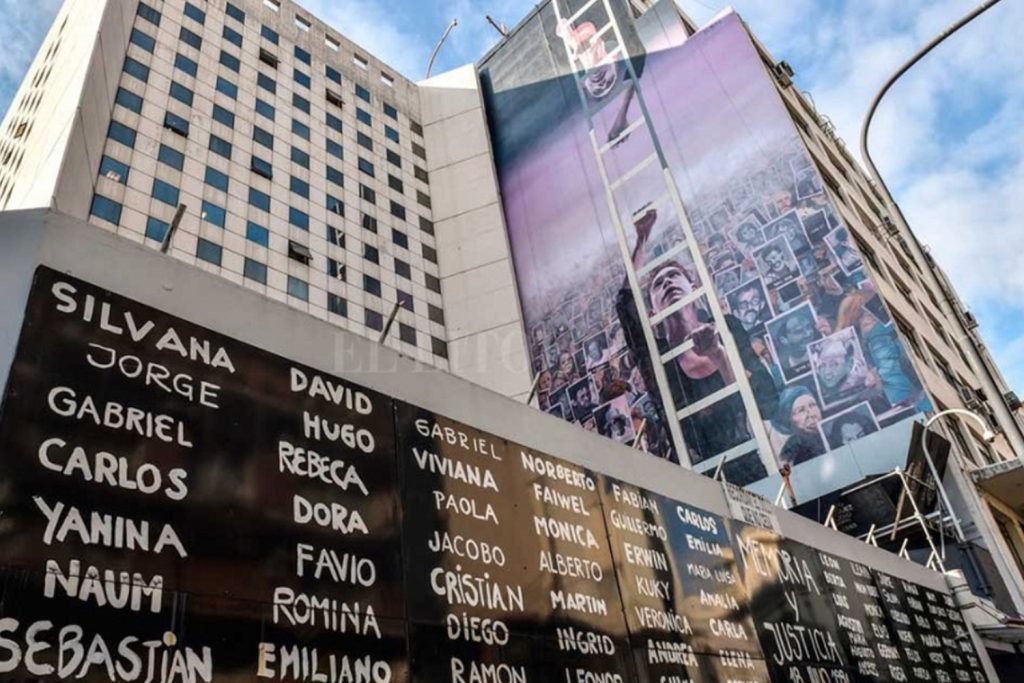
What will I experience?
Jewish Quarter and the Garment District
Begin with a scenic drive through the vibrant neighborhood of Once (Buenos Aires’ most important garment district) an exciting opportunity for immersion in a fascinating religious and cultural experience.
The growth of the population in the city and the urban modifications of the time meant that by 1910 the Jewish presence began to move from east to west, towards the neighborhood popularly called “Once”, named after the September 11 train terminal located in the neighborhood. The Garment District is home to a number of well-known designers, their production facilities, warehouses, showrooms, and suppliers of fabric and materials.
Ashkenazi Jews from Eastern Europe as well as Sephardim from the Middle East settled in Once neighborhood along with its institutions, synagogues, retail stores and best kosher restaurants of Buenos Aires.
Argentine Israeli Mutual Association (AMIA)
Founded in 1894, A.M.I.A’s initial mission was to promote the well-being and development of Jewish life in Argentina and to secure the continuity and values of the Jewish community. A.M.I.A soon became the place where Jewish people could come together and participate in Jewish life. Tragically, a terrorist bombing on A.M.I.A in 1994, killed 84 people and left the facility destroyed. The center was re-built in 1999, featuring an original Agam memorial monument to the Victims of the AMIA Bombing 1994 by the Israeli artist Yaacov Agam.
Today, AMIA continues offering responses in employment, childhood, the elderly, youth, care for vulnerable families, disabilities, education, youth, community burials, culture, and support to Jewish communities throughout Argentina.
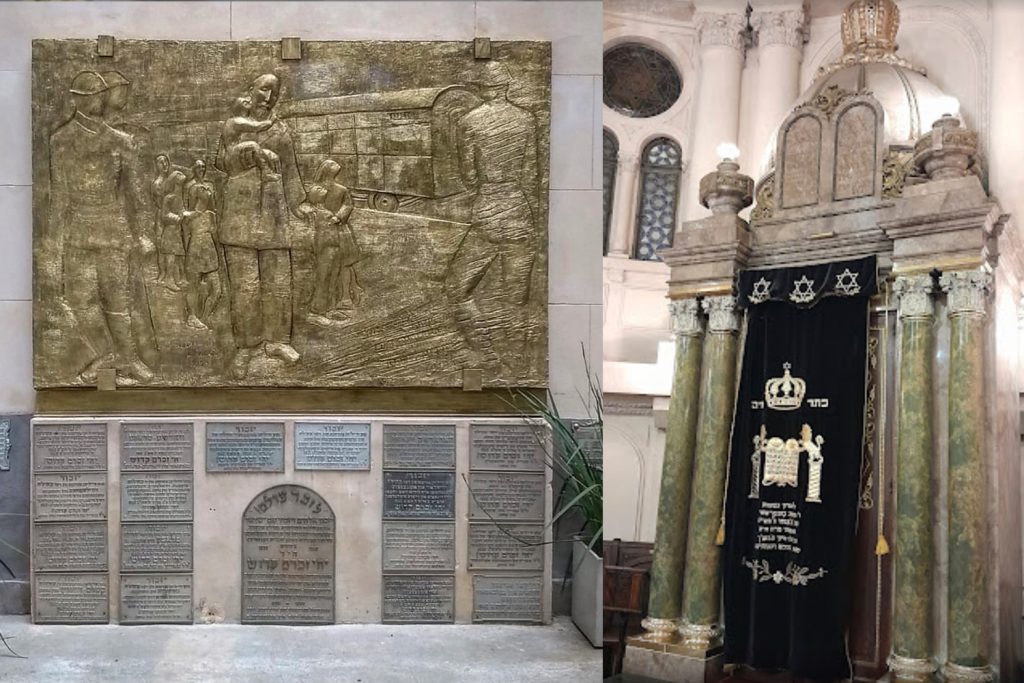
Paso Synagogue (Ashkenazi Traditional)
The Great Paso Temple is one of the most beautiful in all of South America. The first Talmud Torah (house of religious studies) of the City of Buenos Aires was located here, founded in 1894. Its imposing construction, a historical heritage of the city, was erected in 1929 and contemplates the most beautiful Ashkenazi iconography from which its founders originated.
Gran Templo Paso is a vibrant, intense and thriving community experience, Modern Orthodox oriented, open and friendly.
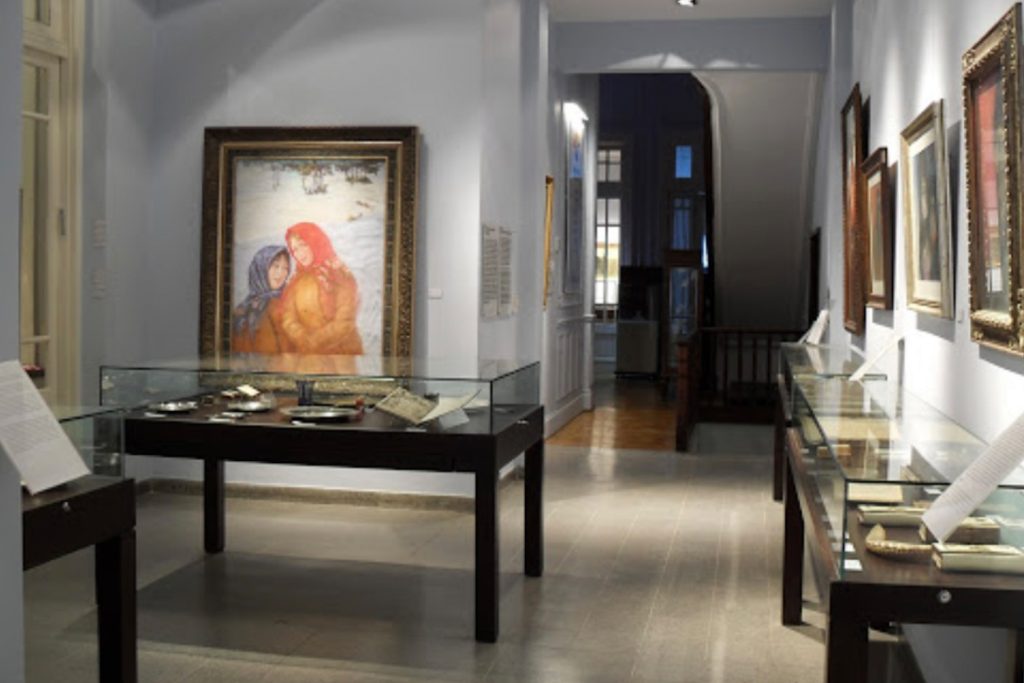
Shoah Museum of Buenos Aires
The Holocaust Museum of Buenos Aires has re-opened to the public after a two-year refurbishment. It hosts groundbreaking exhibits, most notably “Dimensions in Testimony,” a curated, interactive experience—already showing at select museums around the world—where visitors can virtually engage with survivors of the Shoah.
The Buenos Aires Shoah Museum, the only of its kind in Latin America, serves as a museum, memorial and moral reminder by telling the story of the Holocaust and its impact in Argentina and wider South America.
Under the motto, ‘To remember is to avoid repeating history,’ the foundation’s mission is to keep the memory of the Holocaust present, honor those lost and to serve as a poignant reminder of the atrocities that can stem from racism and xenophobia.
Nazi Artifacts
In 2019 the museum took custody of the largest collection of Nazi artifacts to ever be discovered in Argentina. A collector in Buenos Aires was discovered to have more than 70 Nazi artifacts in a house raid. The items were most likely brought to Argentina by Nazis escaping to Argentina to avoid prosecution in Germany after World World II. The collector faced criminal charges for having possession of items of illegal origin.
The museum also has a library of over three thousand volumes of Holocaust-related literature in Spanish, German, Yiddish, and Polish.
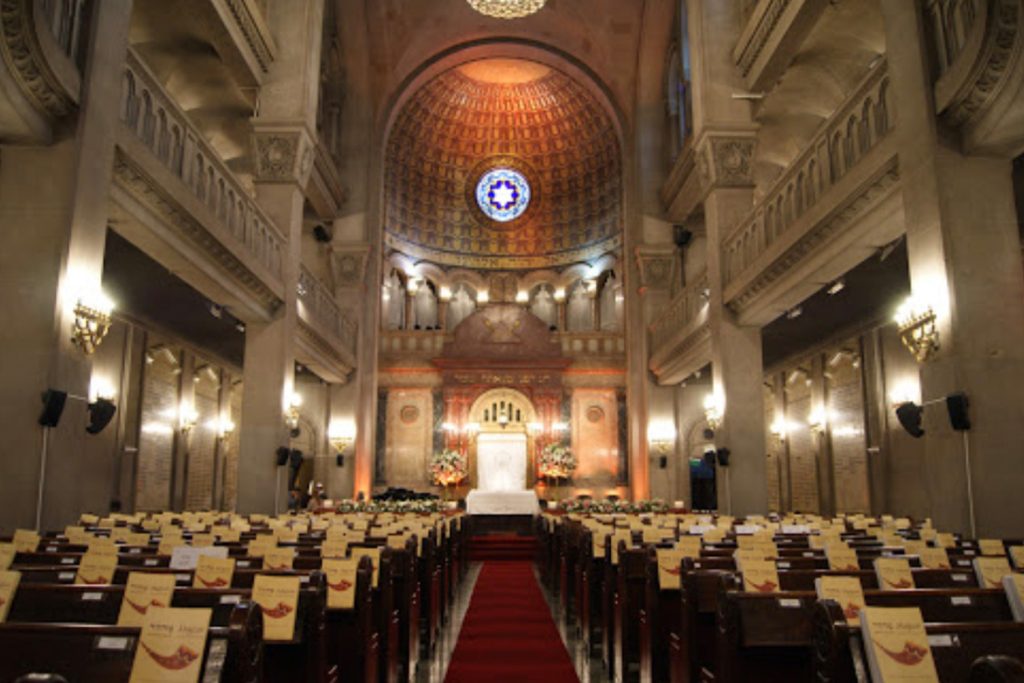
Libertad synagogue and the Jewish museum of Buenos Aires
The Libertad synagogue was founded in 1862. In 1932 with an influx of Jewish immigrants from Eastern Europe, the congregation built a new building. Today it is recognized as a historical monument by the city of Buenos Aires- and houses a museum and a Kosher restaurant.
The Israeli Embassy Memorial Plaza
This is the last stop of our tour. The Israeli Embassy Memorial Plaza in Buenos Aires recalls in stone the void left by a terrorist attack. At 14.45 on March 17, 1992, a powerful bomb shattered the building of the Israel Embassy in Buenos Aires, taking the lives of 29 people.
On 20 November 2007, a memorial was inaugurated on the site of the former embassy. A marble monument, a replica of the column of the original embassy building, stands today in the Israeli Embassy in Buenos Aires, in memory of those who died who died on that fateful day in 1992, bearing the verse of the prophet Amos: “I will raise up its ruins and rebuild it as in the days of old.”
*This tour is available during week days except for Jewish holidays. The duration of this tour is 4 hours.




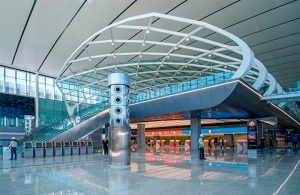
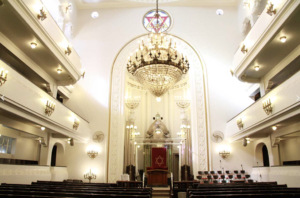
No comment yet, add your voice below!